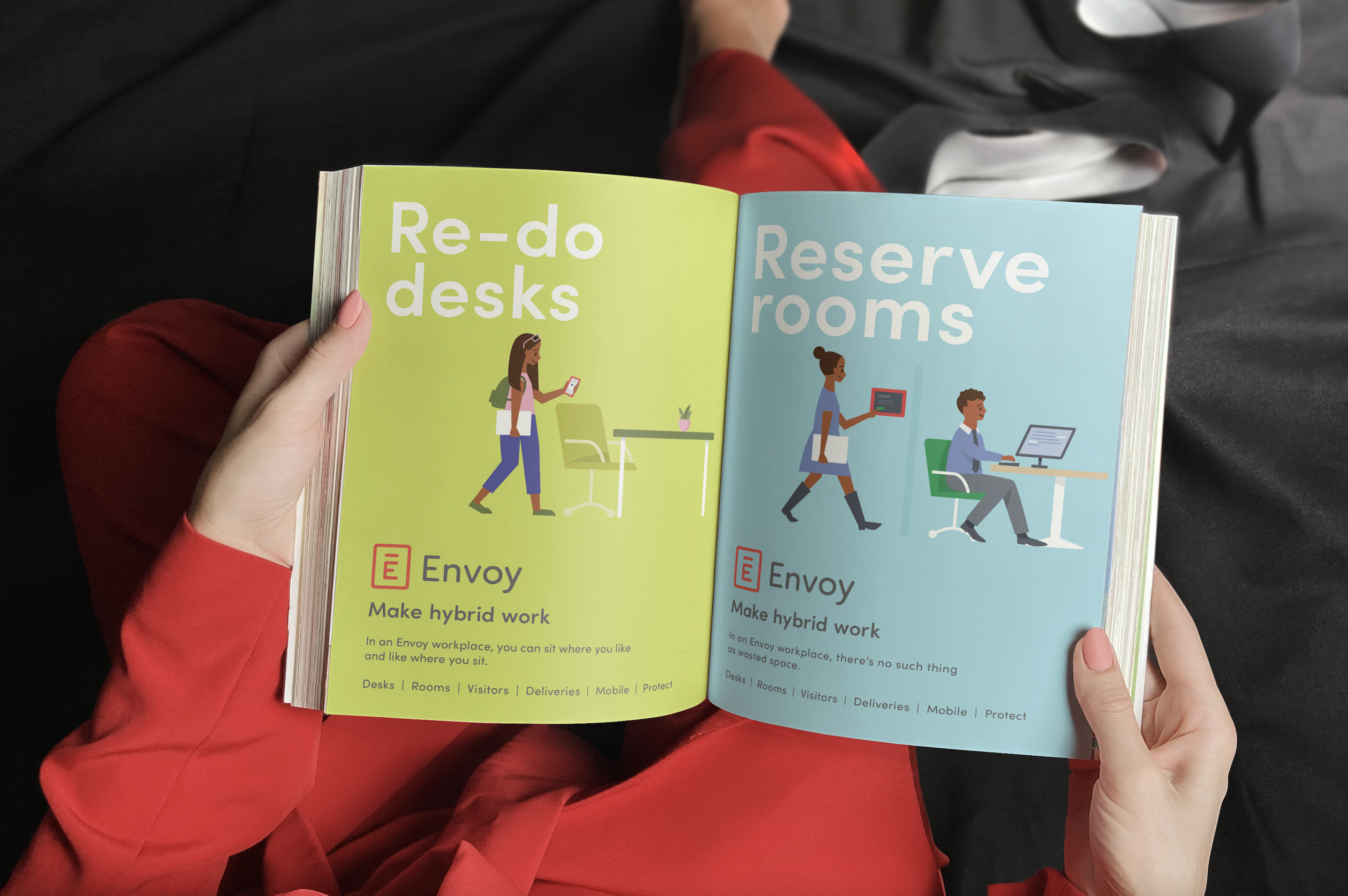To Connect Brand and Demand, Shift Your Perspective

Share this story
Over the last several years, B2B marketers have awakened to the importance of brand distinction and awareness in attracting customers, talent and investors to their businesses. We’ve seen the evidence of their success in the meteoric rise of B2B brands in the FutureBrand Index where brands in energy, infrastructure, technology and more continue to grow in importance. Now a new hot topic has emerged — how to connect brand and demand. I hear it everywhere around me — in B2B forums, speakers at conferences, as a core ask in RFPs — it’s a buzz in the air. And justifiably so, because marketers want to ensure that brand marketing leads to revenue. And, of course, that’s where demand has always come in — converting interested buyers into customers.
Creating this brand-to-demand connection doesn’t feel obvious to many marketers. It’s clear to me that what’s getting in the way is fragmented thinking. Too many marketers think of brand marketing as doing the work of creating distinction and building trust, while they see demand marketing as sharing targeted content to lure in and capture a lead. This is separatist thinking, and it must be overcome — even if, or perhaps especially if, the team is structured according to tactical efforts like brand, demand, digital, content or customer experience.
Because here’s the truth. All marketing efforts should spring from a singular source, and when that happens their connection becomes clear — that source is Brand. Big B Brand (not brand awareness marketing) is what your business stands for in the minds of the market.
Brand is not formed through awareness marketing alone, Brand is formed through every interaction from the experience online, to the conversation with sales, to the messages they see in the media. That means the experience you create across every team and every touchpoint, either intentionally or not, is your Brand. To create true market distinction, to have your audience not only hear you but trust you and be compelled to act, buy and renew — for your business to grow — you must focus on experience.
This is what I call “experience thinking” and it helps marketers rise above organizational silos and the complexity of B2B that can inadvertently lead them to creating market noise rather than a beacon for their Brand.
Experience thinking requires a shift in perspective.
From the job to a passion. Experience thinking demands that marketers rise out of the tactical execution of the job and turn their Brand’s promise into their company’s passion. It must be lived, breathed and actioned. Think for a moment about the difference between a leader guided by their passion and one who is not. It shows up in their behavior and the quality of their work. The same goes for your Brand. It’s time for marketers to define and rally their company around their unique promise. Because when that shared passion is at the root of every act in the experience, it will be felt by your audience and, like a center of gravity, pull them in and keep them close.
From your agenda to a shared agenda. Experience thinking demands a pivot from what we want to do that will deliver us maximum value to recognizing that experiences are built in the interaction between a Brand and an audience: They are two-sided — they require dialogue, exchange of value, mutual support and so on. There is no denying that the business agenda is important, but if it’s allowed to dominate decision-making that one-sidedness will be felt by the audience. Instead, put all your marketing decisions through a shared-value lens and only act if it truly adds value to the relationship. I guarantee this will push your work in the direction of true value versus fluff, quality versus quantity and long-term fixes versus short-term band-aids. In other words, the stuff that powerful experiences are made from.
From siloed to whole. Finally, experience thinking demands marketers rise up from the silos in which they execute and start with the experience they want to create. It can’t be that the brand team is working on this, the demand team is working on that and so on across the marketing org. Marketers must focus on what the lifecycle experience with their Brand should fulfill, and then work across marketing categories or organizational silos to bring that holistic experience to life. Annual and quarterly planning must begin cross-functionally with a team aligned to a shared vision for the total experience. Teams must work against KPIs that ladder up to shared business goals. This will set a north star and help create connections across activities from their very foundation — which will lead to a clear brand signal and a compelling audience experience.
Marketers, if you want to connect brand and demand to drive growth in customers, talent and investment, it’s time to move from fragmented thinking to experience thinking. Building an experience rooted in passion, built around shared audience value and delivered across the full lifecycle will take you beyond the basic connections of visual identity, tagline and tone, and will forge connections that bring your distinctive Brand to life.
At MX, this is what we call creating the Market Experience. It’s the pathway to business growth and what we believe B2B should be. Let me invite you to explore more.



